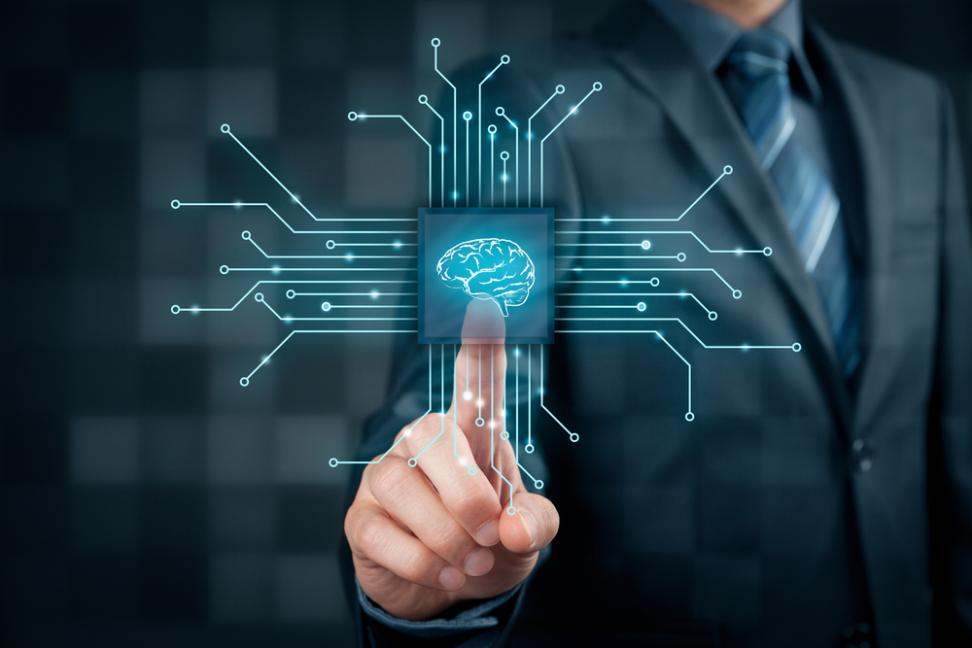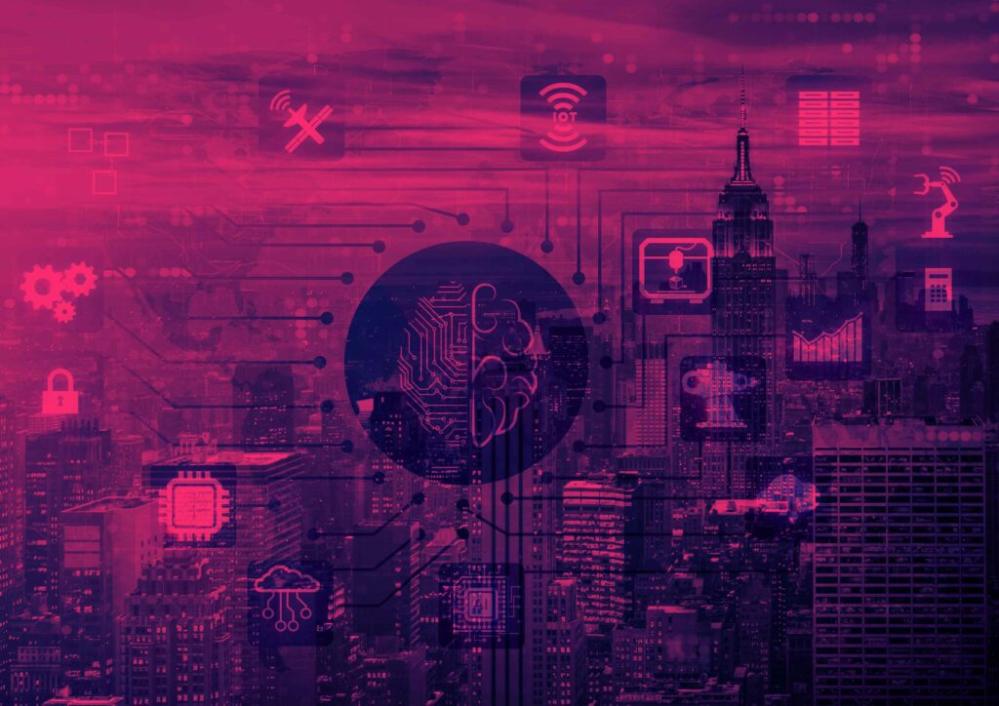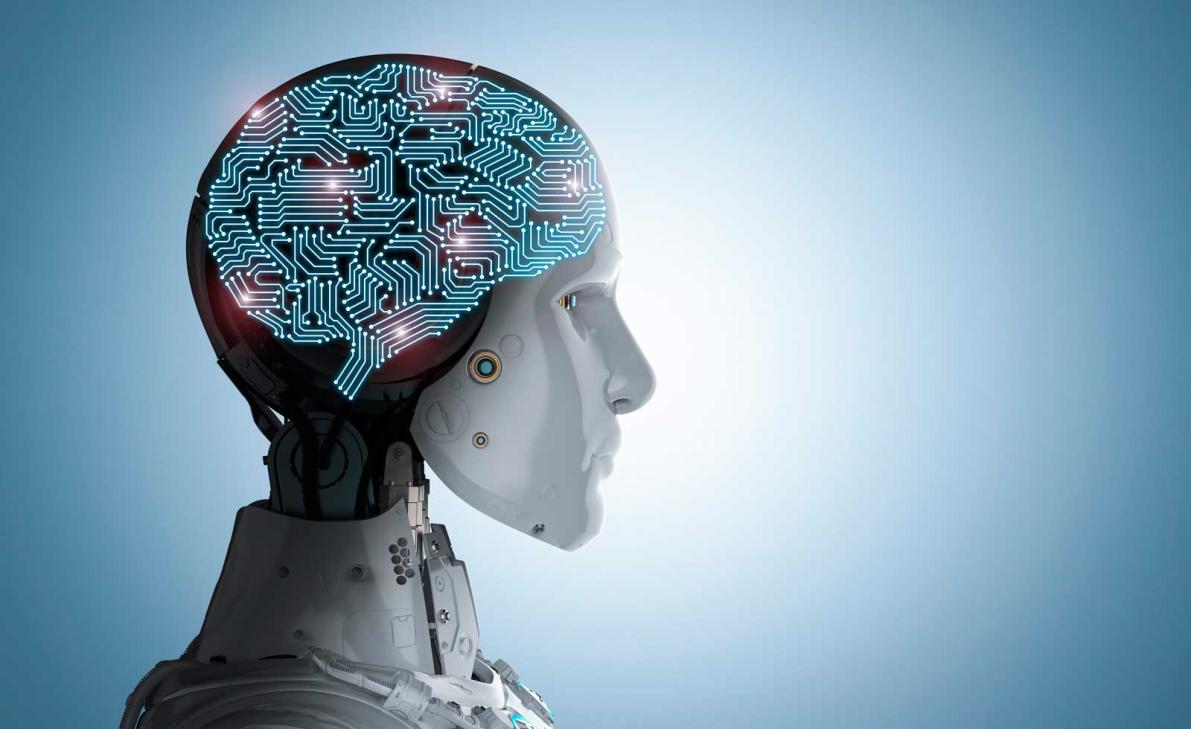How is the UAE Using AI to Improve Education and Learning?
The United Arab Emirates (UAE) has emerged as a global leader in embracing innovation and technology to transform education. Artificial Intelligence (AI) is playing a pivotal role in this transformation, revolutionizing the way students learn and educators teach. This article explores how the UAE is leveraging AI to enhance educational experiences and foster a more personalized and engaging learning environment.

AI-powered Learning Platforms
The UAE has witnessed the widespread adoption of AI-driven learning platforms that offer personalized learning experiences, track student progress, and provide real-time feedback. These platforms use AI algorithms to analyze individual student data, identify strengths and weaknesses, and create tailored learning paths. Examples of successful AI-powered learning platforms used in the UAE include:
- ALEF Education: ALEF Education's AI-powered platform, "Luminus," uses adaptive learning technology to personalize the learning experience for each student, delivering content and activities that align with their individual needs and learning styles.
- Classera: Classera's AI-driven platform offers personalized learning paths, real-time feedback, and gamified learning experiences to enhance student engagement and motivation.
AI-enabled Adaptive Learning
Adaptive learning is a revolutionary approach to education that leverages AI algorithms to analyze individual student data and create tailored learning paths. These algorithms track student progress, identify areas where they need additional support, and adjust the difficulty level of the content accordingly. This approach ensures that each student receives the optimal learning experience, regardless of their starting point or learning pace.
The UAE has implemented several AI-enabled adaptive learning initiatives, including:
- Adaptive Learning Pilot Program: The Ministry of Education launched a pilot program in 2018 to introduce adaptive learning in public schools. The program has shown promising results, with students demonstrating significant improvements in their learning outcomes.
- Personalized Learning Pathways: Many schools and universities in the UAE have adopted personalized learning pathways powered by AI. These pathways allow students to progress at their own pace, choose their preferred learning methods, and receive targeted support where needed.
AI-driven Virtual Reality And Augmented Reality

Virtual Reality (VR) and Augmented Reality (AR) technologies are transforming education in the UAE by creating immersive learning experiences that enhance student engagement and understanding. These technologies allow students to explore virtual worlds, interact with 3D models, and visualize complex concepts in a more interactive and engaging way.
Examples of VR and AR applications used in UAE schools and universities include:
- Virtual Field Trips: Students can embark on virtual field trips to historical sites, museums, and natural wonders, enhancing their learning experience beyond the classroom.
- Interactive Science Lessons: AR apps allow students to visualize scientific concepts in 3D, making them more tangible and easier to understand.
AI For Language Learning

AI is also playing a significant role in language education in the UAE. AI-powered language learning apps and platforms use natural language processing (NLP) and machine learning algorithms to help students acquire new languages. These platforms provide personalized learning paths, interactive exercises, and real-time feedback, making language learning more engaging and effective.
Examples of successful AI-based language learning initiatives in the UAE include:
- Duolingo: Duolingo is a popular language learning app that uses AI to personalize the learning experience and track student progress. It offers a wide range of languages and interactive lessons that adapt to each student's learning style.
- Memrise: Memrise is another AI-driven language learning platform that uses spaced repetition and mnemonic techniques to help students memorize new words and phrases.
AI-powered Assessment And Feedback
AI is revolutionizing educational assessment and feedback. AI algorithms can automate grading, provide personalized feedback, and identify areas for improvement. This allows educators to spend less time on administrative tasks and more time providing meaningful feedback to students.
Examples of AI-powered assessment and feedback tools used in the UAE include:
- Gradescope: Gradescope is an AI-powered grading platform that uses machine learning algorithms to automate the grading process. It provides detailed feedback to students, highlighting their strengths and areas for improvement.
- FeedbackFruits: FeedbackFruits is an AI-driven feedback tool that allows educators to provide personalized feedback to students on their written work. It uses natural language processing to analyze student responses and generate tailored feedback.
AI For Special Needs Education
AI is also proving to be a valuable tool in supporting students with special needs in the UAE. AI-powered tools can assist in early identification, provide personalized learning paths, and promote inclusion.
Examples of AI-based initiatives for special needs education in the UAE include:
- Early Identification: AI algorithms can analyze student data to identify students who may have learning difficulties or special needs at an early stage. This allows educators to provide early intervention and support.
- Personalized Learning Paths: AI-driven platforms can create personalized learning paths for students with special needs, taking into account their individual strengths, weaknesses, and learning styles.
Challenges And Future Directions
While AI has the potential to transform education in the UAE, there are also challenges that need to be addressed. These include:
- Ethical Considerations: The use of AI in education raises ethical concerns related to data privacy, bias, and transparency. It is essential to develop ethical guidelines and regulations to ensure that AI is used responsibly and ethically.
- Data Privacy: The collection and use of student data for AI-powered learning platforms and tools need to be handled with care to protect student privacy and ensure that data is used only for educational purposes.
- Teacher Training: Educators need to be trained on how to effectively integrate AI into their teaching practices and how to use AI-powered tools to enhance student learning.
Despite these challenges, the future of AI in education in the UAE looks promising. As AI technology continues to advance, we can expect to see even more innovative and effective ways to use AI to personalize learning, enhance engagement, and improve educational outcomes.
The UAE's commitment to innovation and technology in education, coupled with the transformative power of AI, is creating a more personalized, engaging, and effective learning environment for students. AI-powered learning platforms, adaptive learning, VR/AR technologies, language learning apps, assessment and feedback tools, and support for special needs education are just a few examples of how AI is revolutionizing education in the UAE. As AI continues to evolve, we can expect to see even more exciting and groundbreaking applications of AI in education, empowering students to reach their full potential and thrive in the 21st century.
YesNo

Leave a Reply